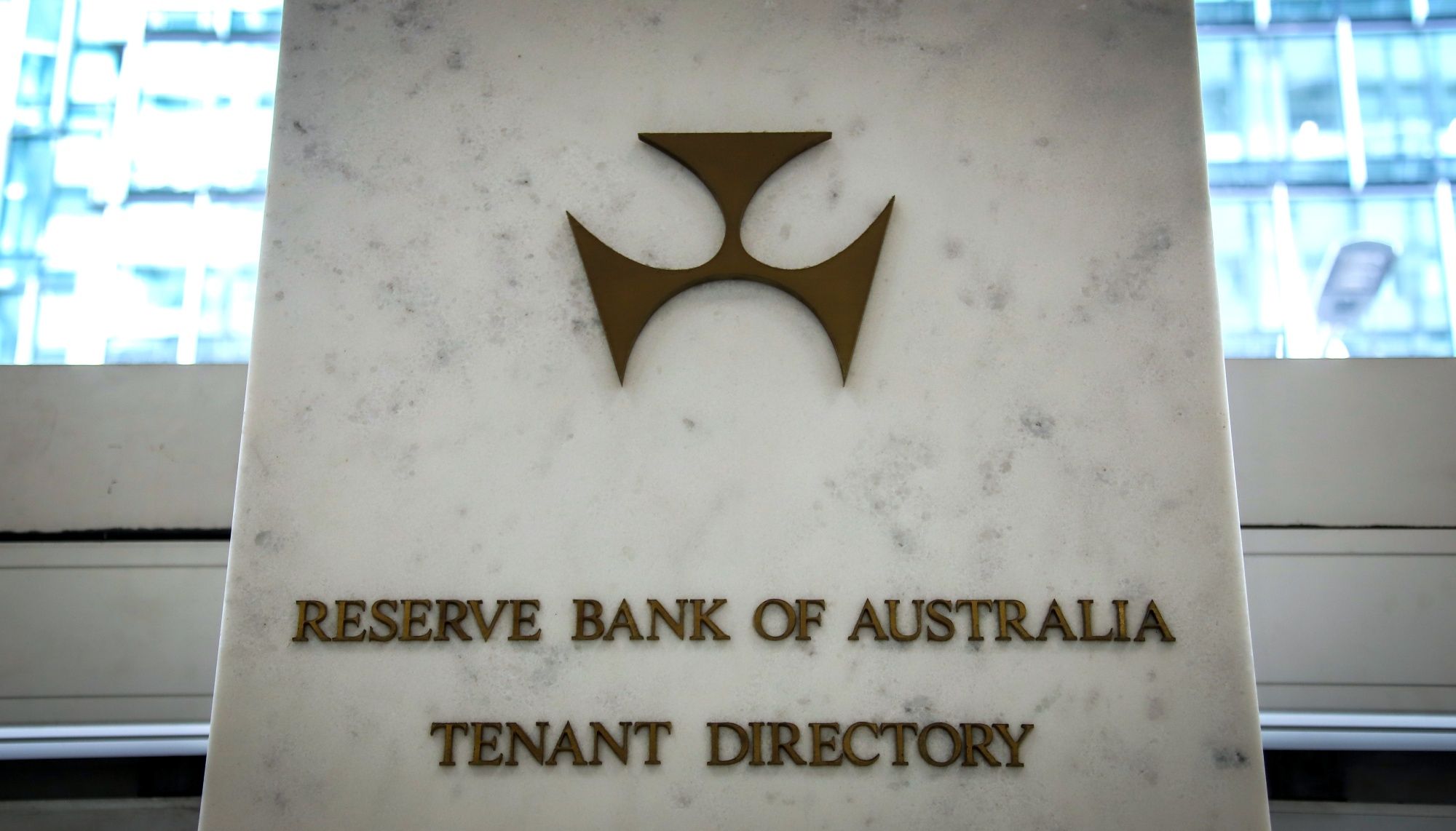Australia’s central bank does little deliberation, ignores opposing views and its decision-makers “seem hostile to a consideration of evidence or rese
Australia’s central bank does little deliberation, ignores opposing views and its decision-makers “seem hostile to a consideration of evidence or research,” according to Peter Tulip, a former senior member of its economic research department.
“We have a board that does not understand monetary policy or statistical research,” Tulip said in a farewell email to colleagues when he resigned from the Reserve Bank in August, according to a Freedom of Information release Friday. “So although there are lots of great people at the bank, our environment makes the organization dysfunctional.”
His comments come about a week after former Prime Minister Paul Keating criticized the central bank for failing to do everything it could to help the government finance programs that would combat unemployment. Tulip, in an August interview, said the RBA’s senior leadership has failed to make a compelling case against deploying negative interest rates to help revive the economy.
The RBA’s board comprises of the governor, his deputy, the head of the Treasury and six independent members drawn primarily from industry.The RBA cut its cash rate to 0.25% at an emergency meeting in March and set a 0.25% target on the three-year bond yield to lower borrowing costs across the economy, as well as implementing a lending facility for banks that was boosted last month.
RBA Governor Philip Lowe has said negative rates are extraordinarily unlikely in Australia, citing potential downsides on consumption and sentiment.
“The bank says things about the effect of policy on confidence, the likelihood of the zero bound, the effectiveness of policy, the effect of interest rates on financial instability, the effects of negative interest rates and so on that are contradicted by internal and external research,” he wrote in the Aug. 12 letter. “But we don’t even acknowledge that, let alone respond to it.”
“Like most of you, I want a career where I serve the public interest,” Tulip said. “My main reason for leaving is that I no longer believe the RBA does that. It isn’t just that I disagree; its more fundamental. I think the decisions are bad because the processes are bad. There is little deliberation. Opposing views are not taken into account.”
The RBA board convenes for its monthly meeting Tuesday and is expected to keep policy unchanged ahead of the government’s budget due a few hours later.
Source : www.bloomberg.com

